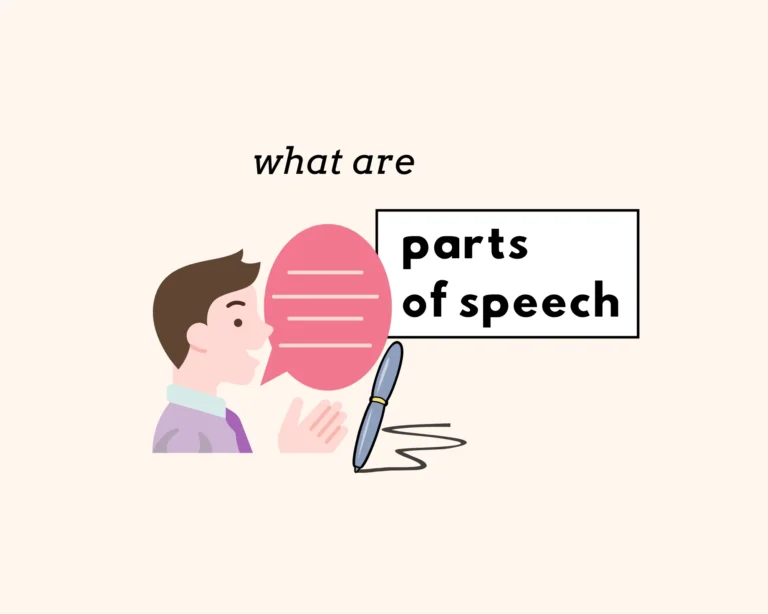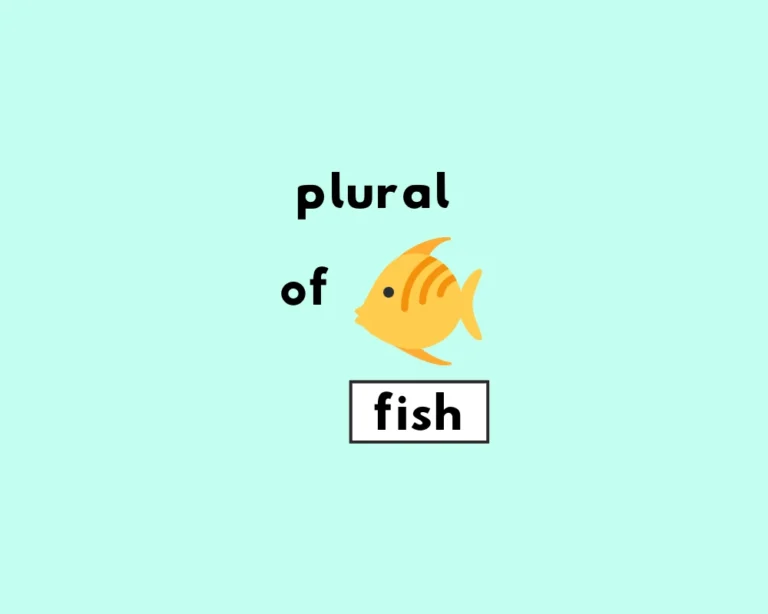
Do You Capitalize the First Word After a Colon?
If you guessed whether capitalizing after a colon has something to do with style guides, you’re on the ‘write’ path.
Explore the breadths and depths of Grammarflex’s knowledge base, containing resources and comprehensive guides on pretty much everything you could want to know related to English grammar and writing.
Learn all about the main parts of speech, which (in case you forgot) comprises of verbs, nouns, adjectives, pronouns, adverbs, conjunctions, prepositions and interjections. Beyond the fundamentals of English grammar, you’ll find guide on writing mechanics and style, literary devices amd more.


If you guessed whether capitalizing after a colon has something to do with style guides, you’re on the ‘write’ path.

One is die, two or more are dice. That said, dice is often used to mean both.

What are speech and language comprised of? There are 8 main parts of speech that make up the English language. Read all about them in

The plural and singular forms of fish is fish, for the most part. Sometimes, fishes also works as the plural form of fish.

Whom functions as a sentence object, whereas who’s is a contraction of who and is.

Personal pronouns are words that stand in the place of nouns. The Latin word, pronoun, ‘pronomen’ translates to “word standing in place of a noun.”

Are seasons capitalized? Seasons should be written in lowercase, unless they’re part of a proper noun.

Adjectives are describing words that modify nouns. English would be insufferable (adj.) without these descriptive (adj.) words.

If you guessed that writing dad in lowercase or capital has something to do with common nouns vs proper nouns, you’re onto something.